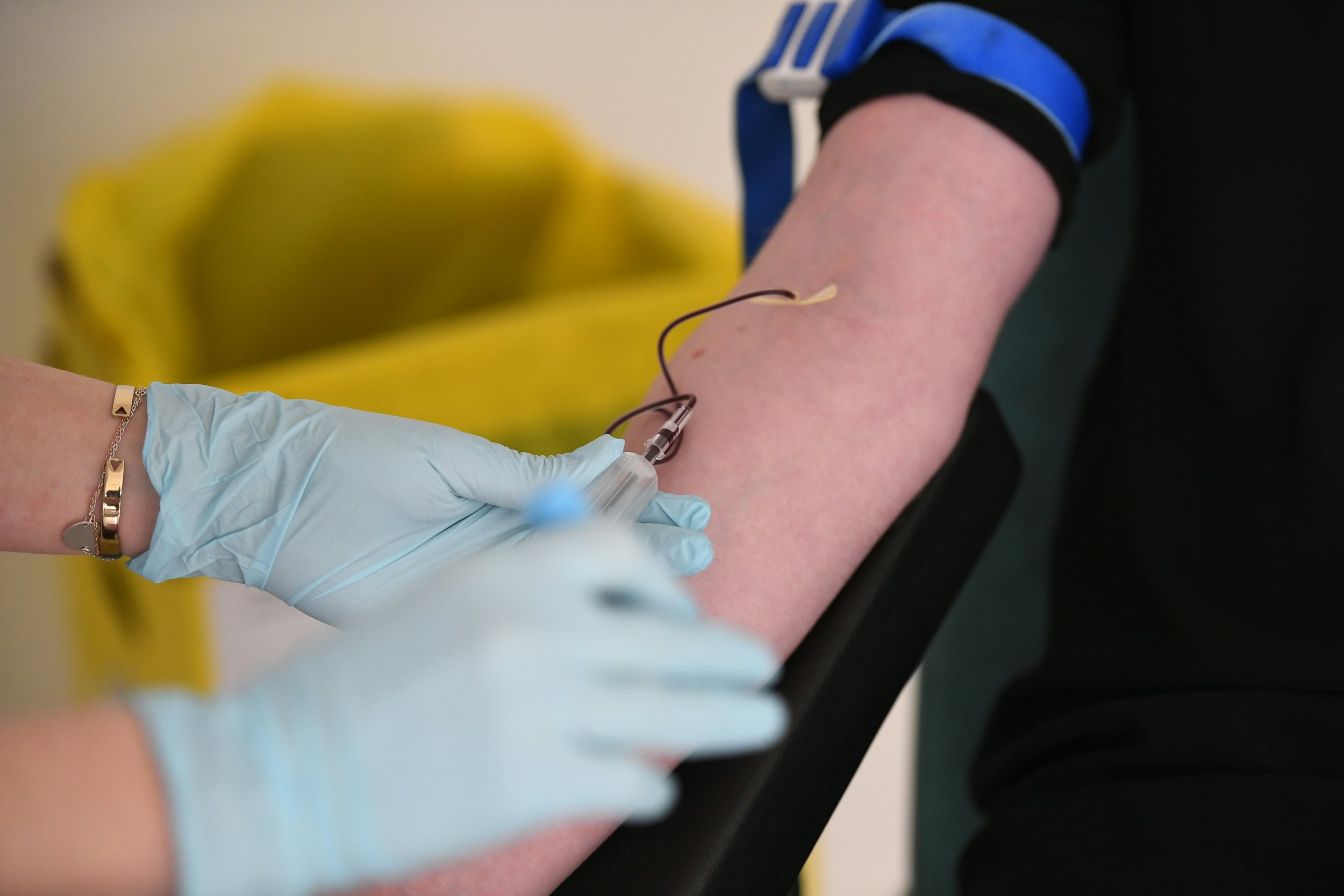
Scientists have developed blood and urine tests which can detect autism-linked biomarkers in children.
Researchers created the tests after discovering a connection between autism and certain damaged proteins, particularly in blood plasma.
The most reliable of the tests is better than any other diagnostic method available. Researchers hope it could eventually lead to earlier diagnosis and treatment of autism spectrum disorders (ASDs).
The research was published in the journal Molecular Autism.
One in every 68 children in the U.S. has been identified with ASD, which can lead to behavioral problems including speech disturbance, compulsive behavior and anxiety.
The researchers analyzed the blood and urine of 69 children—38 with ASD and 31 without—and found chemical differences between the two groups. They linked ASD with blood plasma protein damage, in which reactive oxygen species and sugar molecules spontaneously modify certain proteins.
The team used artificial intelligence techniques to develop predictive algorithms based on these results. One algorithm correctly predicted ASD cases with 90 percent accuracy. It also predicted when children did not have ASD with 87 percent accuracy.
"Our test is expected to improve the accuracy of ASD diagnosis from 60–70 percent currently achieved by experts in neurological disorders to approximately 90 percent accuracy," Naila Rabbani, lead study author and a biologist at the University of Warwick in the U.K., told Gizmodo.
The test could be offered at well-equipped hospitals which do not already have high level expertise in neurological disorders, she said.
Blood and urine tests may also help shed light on the causes of ASD. "With further testing we may reveal specific plasma and urinary profiles or "fingerprints" of compounds with damaging modifications. This may help us improve the diagnosis of ASD and point the way to new causes of ASD," Rabbani said in a statement.
The next steps will be to validate the test in further studies, and to see if it can identify ASD at very early stages. The children in this study were aged between five and 12 years old.
Uncommon Knowledge
Newsweek is committed to challenging conventional wisdom and finding connections in the search for common ground.
Newsweek is committed to challenging conventional wisdom and finding connections in the search for common ground.
About the writer
Katherine Hignett is a reporter based in London. She currently covers current affairs, health and science. Prior to joining Newsweek ... Read more
To read how Newsweek uses AI as a newsroom tool, Click here.








